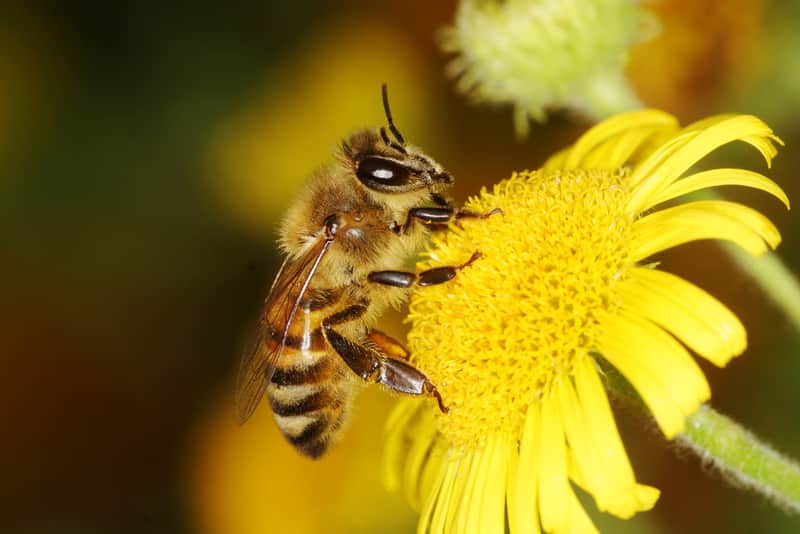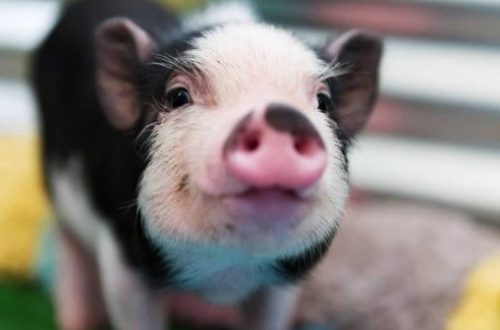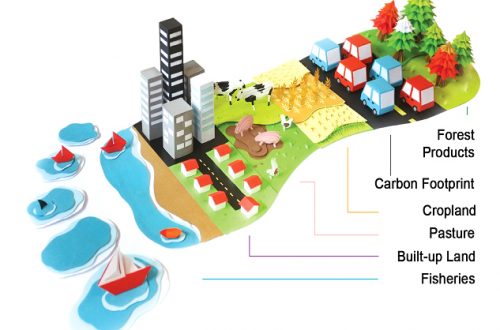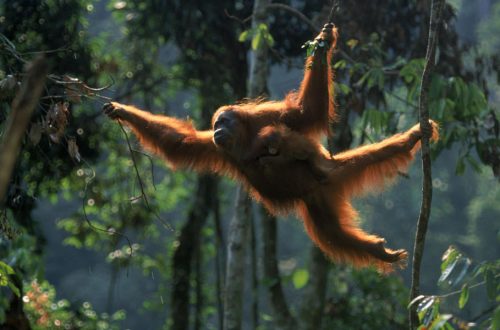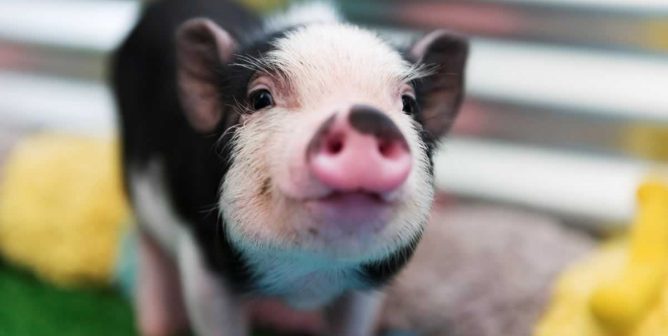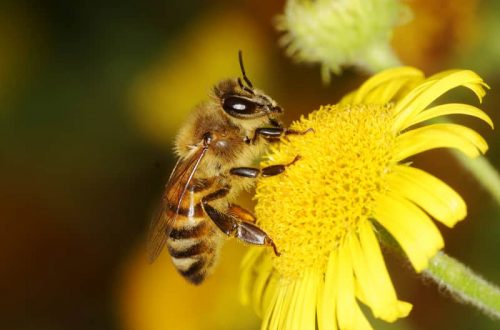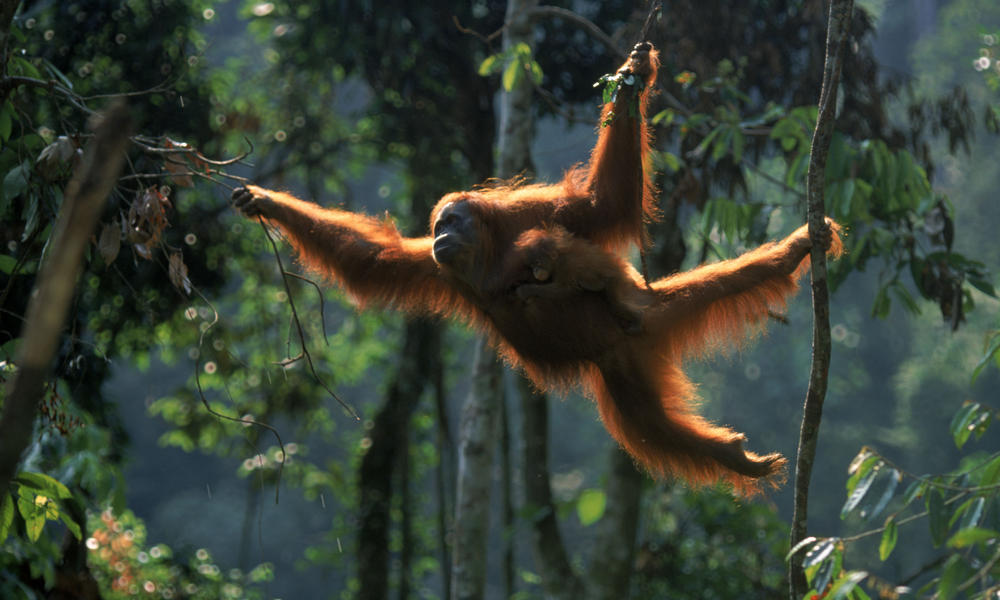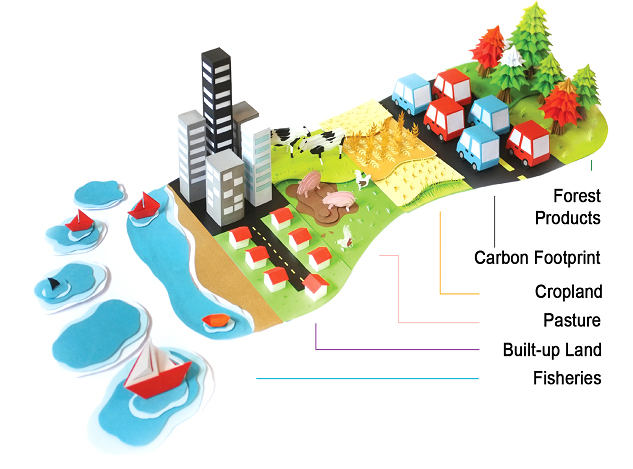Woke Wednesdays
-
Bee Kind
Spring has officially sprung, which means you can officially start gardening again! However, it is extremely important that you make sure the plants in your garden are safe to our pollinator friends. Check the labels before purchasing any flowers or plants and do NOT purchase them if it says they have been treated with Neonicotinoids. This class of pesticide is highly toxic to bees. In fact, the three main neonicotinoids (clothianidin, imidacloprid, and thiamethoxam) were banned in Europe for all outdoor uses. Because neonicotinoids are systemic chemicals that are absorbed into the plant, these pesticides can be present in the pollen and the nectar that the bees feed on. The long-lasting…
-
The Powerful Speech That Changed My Life
Recently, I stumbled across a video on Youtube of a man known as “Earthling Ed” giving a very convincing speech about why going Vegan is the thing to do. He provides a variety of facts, mindsets, and new perspectives that I will now hold on to for the rest of my life. One thing that stuck out to me was the portion of the speech where he talks about how he used to love animal products and always order his pizzas with extra cheese and extra meat. It gave me hope that someday, I will be able to call myself a Vegan and will be proud doing so. As much…
-
The Problem With Palm Oil
Palm oil. Ever heard of it? It’s found in about half of packaged products sold in US grocery stores, lurking in your favorite snack foods and many other household items such as laundry detergent, toothpaste, makeup, and shampoo. Palm oil has become the most widely used vegetable oil on Earth because of how well it grows in tropical communities and the minimal care it requires unlike other vegetable oils. However, this rapidly growing demand for palm oil comes at a high price. The production of palm oil is one of the leading causes for the destruction of rainforests. A majority of world palm oil supply comes from Malaysia and Indonesia…
-
How Big is Your Ecological Footprint?
As more and more studies emerge about the degradation of the environment, everybody wants to point fingers. However, it is important to recognize that we are ALL responsible in some way or another. Sure, there are a lot of things that are beyond our control as individuals. However, our daily choices, such as choosing to eat meat everyday, have a large impact as well. It may be hard to imagine this impact because so many factors come into play. Fortunately, however, there is a tool out there that shows you how many planets we would need if everyone lived the same lifestyle as you. Personally, it really helped me to see…
